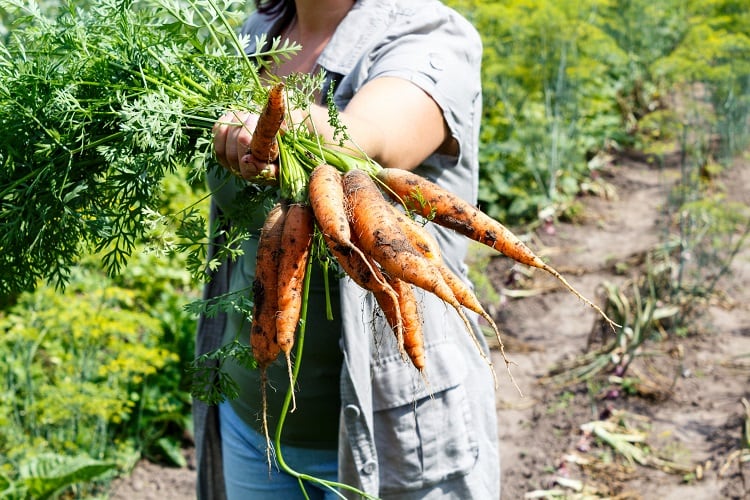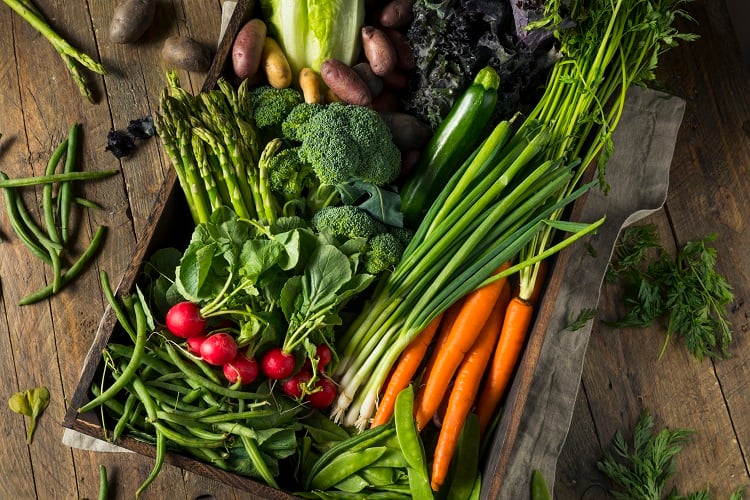The report, jointly released by the UNEP, UNDP and FAO, paints a damning picture of the detrimental effect current agricultural support systems have on the sustainability of the food system.
“The way governments around the world support agriculture is a factor in the global and environmental challenges that agri-food systems are facing. Current support to agricultural producers worldwide works against the attainment of the SDGs, the targets of the Paris Agreement and our common future,” the agencies stated.
“This support is biased towards measures that are harmful and unsustainable for nature, climate, nutrition and health, while disadvantaging women and other smallholder farmers in the sector.”
The research reveals that global agricultural support stands at almost US$540bn a year – or 15% of agricultural output - with spending weighted against producers in the developing world. Over two-thirds of this support is considered price-distorting and ‘largely harmful to the environment’, the report concluded.
Released ahead of the UN Food Systems Summit, the report found that – if current trends persist – the world looks set to fall short of SGD2, the eradication of hunger. “The world is not on track to eradicate hunger, food insecurity and malnutrition in all its forms by 2030,” the report said.
After five years of no progress, the prevalence of undernourishment increased by 1.5% in 2020, with 9.9% of the global population impacted. In 2020, over 720 million people in the world faced hunger, and nearly one in three people in the world (2.37 billion) did not have access to adequate food.
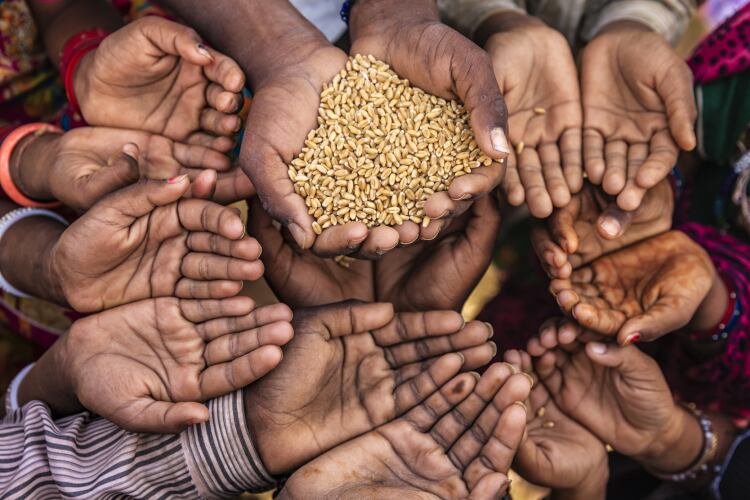
The way that agricultural support is structured is also harmful to the environment. “The way governments around the world support agriculture is a factor in the global and environmental challenges that food systems are facing. While not accessible to all producers, agricultural producer support in particular has led to some farming practices that are harmful to nature and health and largely focused on certain commodities, thus hindering the health, sustainability, equity and efficiency of food systems,” the report argued.
Support needs to be ‘repurposed and reformed’
While the current system of agricultural support is damaging the health of people and the planet, the UN agencies stressed that reform of the food system can be a great force for good.
“Agriculture and agri-food systems have a critical role to play in ending poverty in all its forms, eradicating hunger, achieving food security and improved nutrition, and reducing inequalities.”
Financial support for farming needs to be ‘repurposed’ and ‘reformed’ to support a food system transformation and attainment of the SGDs.
“By repurposing agricultural producer support, governments can optimize scarce public resources to support food systems in ways that make them not only more efficient, but also more supportive of healthy lives, nature and climate. This can also be an opportunity to achieve a strong economic recovery in a post-COVID-19 pandemic world,” the authors suggested.
“The transformation to healthier, more sustainable, equitable and efficient food systems needs to be accelerated if we are to meet the SDGs. While a few countries have started repurposing and reforming their agricultural support, broader, deeper and faster reforms are needed for food systems transformation. However, there is no bigger opportunity for countries to commit to repurposing of harmful support policies than at the UN Food Systems Summit."
‘Align subsidies with emissions reduction’
Responding to the report, Jeremy Coller, CIO of Coller Capital and Chairman of the Jeremy Coller Foundation, which launched investor network FAIRR, stressed that it demonstrates the need for G20 governments to leverage agricultural subsidies as a way to promote their carbon action.
“The joint report from the UNEP, UNDP and FAO underscores how imperative it is for G20 governments to align their support of the agriculture industry with the wider goals of the low carbon transition and the need to protect public health from future zoonotic pandemics. The report highlights that the overwhelming majority of agricultural subsidies are not aligned with these goals, and even risk undermining them,” he stated.
“We call on leaders at COP26 to align agriculture subsidies with their national emission reduction plans. Put simply: when it comes to supporting a sustainable food industry, investors want reassurance that governments' left hand knows what the right hand is doing.”
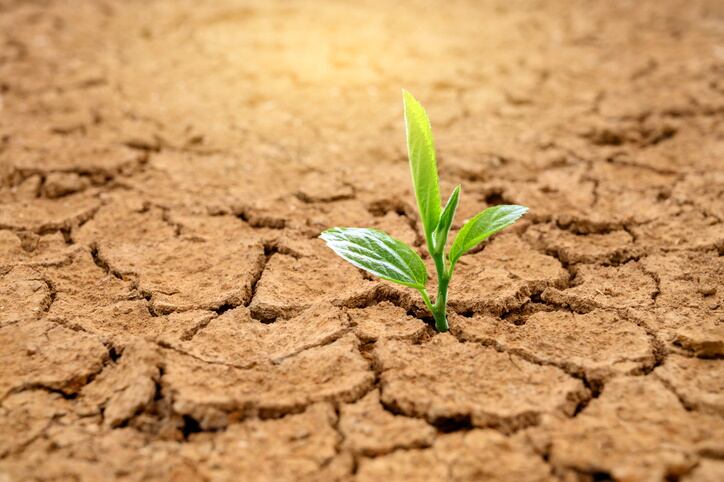
Policy in action: How to incentivise a greener food system
Coller pointed to the European Commission’s reform of the bloc’s Common Agricultural Policy – which is currently making its way through the European Parliament - as case in point.
"This is not a new issue. Earlier this year an alliance of investors, policy experts and business groups, led by FAIRR, called upon the European Commission to ensure its reforms of the Common Agricultural Policy line up with its net-zero greenhouse gas emissions commitment, in part by reducing direct support for high-emitting commodities such as red meat.”
CAP proposals include the ring fencing of 30% of direct payments for the eco-schemes, and 35% for green spending out of the rural development coffers. European authorities say it delivers a 'greener, fairer and simpler' CAP.
However, the CAP proposals have faced criticism from environmental campaigners, who argue that its protection of the status quo is at odds with the environmental ambitions detailed in the European Green Deal.
When the details of the proposed CAP were released this summer, Greenpeace described the policy as ‘nothing but greenwashing’.
“When it comes to farming, the EU doesn’t listen to science, to small farmers or even to its own auditors, and has delivered a policy that only benefits land barons and the biggest agricultural players. This CAP deal largely keeps things as they are. It continues the disastrous bankrolling of industrial meat and dairy that wrecks our environment and puts small farms out of business at the rate of a thousand per day. EU leaders will try to sell the reform as an environmental success but we’re not fooled by the greenwashing,” Greenpeace EU agriculture policy director Marco Contiero said.
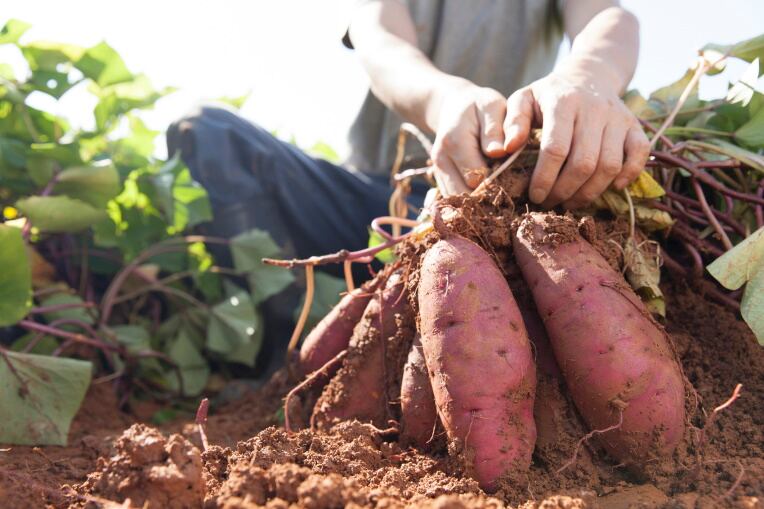
But the United Nations report also highlighted that some countries are making tentative steps to repurpose and reform agricultural support. “A few countries have begun repurposing and reforming agricultural support,” they noted.
The UK, for instance, launched an alternative approach this year when it announced its programme of Environmental Land Management (ELM) schemes, that are designed to reward green land management through a ‘Sustainable Farming Incentive’, ‘Local Nature Recovery’ and ‘Landscape Recovery’.
The UK’s National Farmers Union is calling for ELMs to go a step further, with measures to help farmers achieve net zero emissions offered alongside biodiversity and environmental actions. The NFU is currently leading a net zero ELM ‘test and trial’ to explore what can be achieved if net zero measures are included in ELMs.
The NFU released the results of a survey of farmers on how support packages could be used to support the transition of agriculture to net zero last week. Outlining what actions would be most important for business and climate:
- 89% said hedgerow management and restoration
- 84% said maintaining permanent grassland and/or improving grassland management
- 81% said nutrient management e.g. planning and precision application
- 80% said generating and using renewable energy on farm
- 74% said greenhouse gas footprinting
“British farmers are really enthusiastic about net zero opportunities and are committed to the industry’s ambition to reach our net zero target by 2040. This survey clearly shows the scale of demand for these actions and the need for future support schemes to cater for it,” NFU Vice President Tom Bradshaw said.
“The ELM needs to deliver meaningful, widespread and long-term benefits to the environment and our climate… This is work farmers really want to do. It’s so important that the government recognises this and shapes the new ELM schemes so that farmers have the means to do it. The inclusion of such incentives would be a giant step forward in securing our position as world leaders of climate-friendly food, paving the way for others to follow.”


